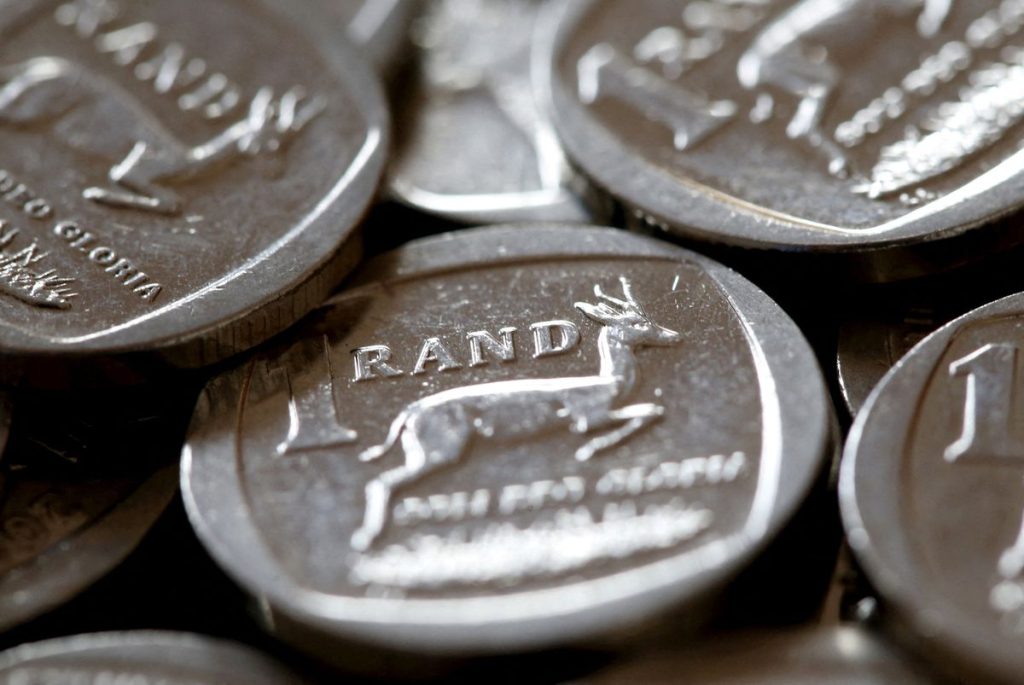 *S&P upgrades Nigeria’s long-term rating to BB- from B+ previously, with a stable outlook
*S&P upgrades Nigeria’s long-term rating to BB- from B+ previously, with a stable outlook
*Improved fiscal and external buffers, and strong growth are cited
*Nigeria’s reform momentum will now be key to further rating action Summary
Razia Khan
08 November 2012, Sweetcrude, London – The rating agency Standard and Poors (S&P) has upgraded Nigeria’s long-term foreign and local-currency sovereign ratings to BB- from B+ previously. Nigeria‟s foreign and local-currency short-term rating is affirmed at ‘B’.
Although a marginal positive, this upgrade is not expected to have much market impact, for a number of reasons. First, it merely restores S&P’s previous rating, and it is essentially the same as Fitch’s BB- rating with a stable outlook. Second, the pricing of Nigeria’s eurobond and the level of investor activity in Nigeria, especially in the months following the announcement of its inclusion in the J.P. Morgan GBI-EM index, appear consistent with a more favourable investor assessment of the country’s credit worthiness than suggested by its BB- rating.
In June 2012, the authorities estimated the stock of foreign portfolio investment in Nigeria at c. USD $5bn (representing both bonds and equities). More recent estimates put this number in a USD $6-8bn range. Near-term, we expect the inflows to persist.
S&P’s rating action reverses its August 2009 downgrade of Nigeria’s sovereign rating to B+ from the initial BB- first assigned in early 2006. This downgrade, which came immediately after regulatory action by the Nigerian authorities to safeguard the banking sector, injecting new capital into Nigeria’s failed banks, was flawed. It assumed an unlikely fiscal burden as a result of Nigeria’s banking rescues. The eventual bailout mechanism, the creation of an asset on the balance sheet of the Central Bank of Nigeria (CBN) to inject as Tier 2 capital into the rescued banks, followed by the establishment of an asset management company to purchase NPLs from the banking system, has to date had minimal fiscal implications. Contingent liabilities have been contained. The bank rescues are to be paid for through CBN contributions to a sinking fund as well as a levy on the balance sheets of all Nigerian banks. Three years after the regulatory intervention, financial-sector health has been restored.
Reform momentum is key to Nigeria’s credit outlook
In support of its rating action, S&P cites the increased assets in Nigeria’s excess crude account (USD 8.4bn in October), deemed to provide a “reasonable fiscal buffer”, as well as sustained reforms in several key areas – the fuel subsidy, the power sector and the banking sector. The outlook on the rating is stable.
Fiscal considerations
Indications are that, reform momentum will be key to Nigeria’s credit outlook. For now, Nigeria appears to be in a relatively comfortable place. Plans outlined for the 2013 budget involving a modest 5% nominal increase in spending – provided they are not subsequently amended by the National Assembly – will support fiscal consolidation near-term. Improved management of the budget, the move to sweep all surplus balances into a Treasury Single Account (TSA), as well as the establishment of a sinking fund to repay domestic debt, are all important steps in the right direction and will help manage domestic debt.
However, even more is needed to enhance fiscal transparency. Greater finance ministry oversight into Nigeria’s actual oil earnings – still something of a mystery given the current framework – would be a significant win. Although this does not seem to have been taken into account in existing draft legislation of the Petroleum Industry Bill (PIB), the hope is that this important matter, which could put Nigeria in sight of a much higher rating, will be addressed when the PIB is eventually passed.
Likewise, despite projections for lower fiscal deficits in the coming years (the deficit is forecast to narrow from close to 3% of GDP in 2012 to 2.17% in 2013, albeit on increased oil-price and output assumptions), Nigeria remains very dependent on oil earnings for its overall fiscal revenue. At the consolidated government level (involving federal, local and state governments) oil still accounts for over 70% of revenue. Although the build-up of new savings in the ECA, essentially a buffer against any oil price weakness, is a positive, this is no substitute for the longer-term diversification of fiscal receipts, which is still urgently needed.
Fiscal performance over the course of the cycle must still be gauged. Despite encouragingly benign spending and deficit projections near-term, Nigeria’s ability to sustain this even over the course of the political cycle straddling the 2015 elections will be key to any future credit assessment. Ahead of the last elections in 2011, in FY10, spending was raised c. 50% y/y.
The CBN’s work list
While the adoption of tight monetary policy and the simultaneous relaxation of minimum holding period regulations for investment in Federal Government of Nigeria (FGN) bonds have attracted sizeable inflows to Nigeria and allowed for its index inclusion, there may be more for the CBN to do. According to the S&P report, monetary policy is seen as “constrained by Nigeria’s managed exchange rate regime and relatively less developed domestic bond markets”.
It is expected that gradual moves to lessen the role of the CBN in the determination of the FX rate (which are already underway), will help to bolster Nigeria’s FX reserves and external strength. US dollar (USD) sales at recent official wholesale Dutch auctions (WDAS) have totalled USD 50mn at each auction, compared with an average of c. USD 300mn for much of last year. But again, the development of improved market depth is little substitute for export diversification in the real economy, which depends on long-term structural reforms, especially upgrading infrastructure.
It is difficult to see full liberalisation of Nigeria’s FX regime, as long as oil remains the dominant FX earner. But the impact of continued power and agri-sector reforms will likely only be gauged in the medium to long term.
Increased investor interest in Nigeria, its bond index inclusion and ballooning activity in its capital markets have led to many questions about Nigeria’s eventual eligibility for emerging-market status. In line with the experience of higher-rated peers, this is something that is likely to happen well ahead of Nigeria achieving an investment grade rating. While the recent re-accumulation of FX reserves courtesy of tight monetary policy, and attempts at fiscal consolidation have served Nigeria well, much more is likely to be required in order to trigger further rating upgrades.
Cyclically, Nigeria has done relatively well, but structural concerns remain. The country’s low per capita GDP, unaddressed governance issues and the political risk that result, will continue to constrain its rating. With a demographic profile that presents greater challenges relative to similarly rated peers, there can be no room for slippage in the long-term reform process. Reform is an urgent necessity, not a luxury.
Rezia Khan is an analyst with the Standard Chartered Bank



